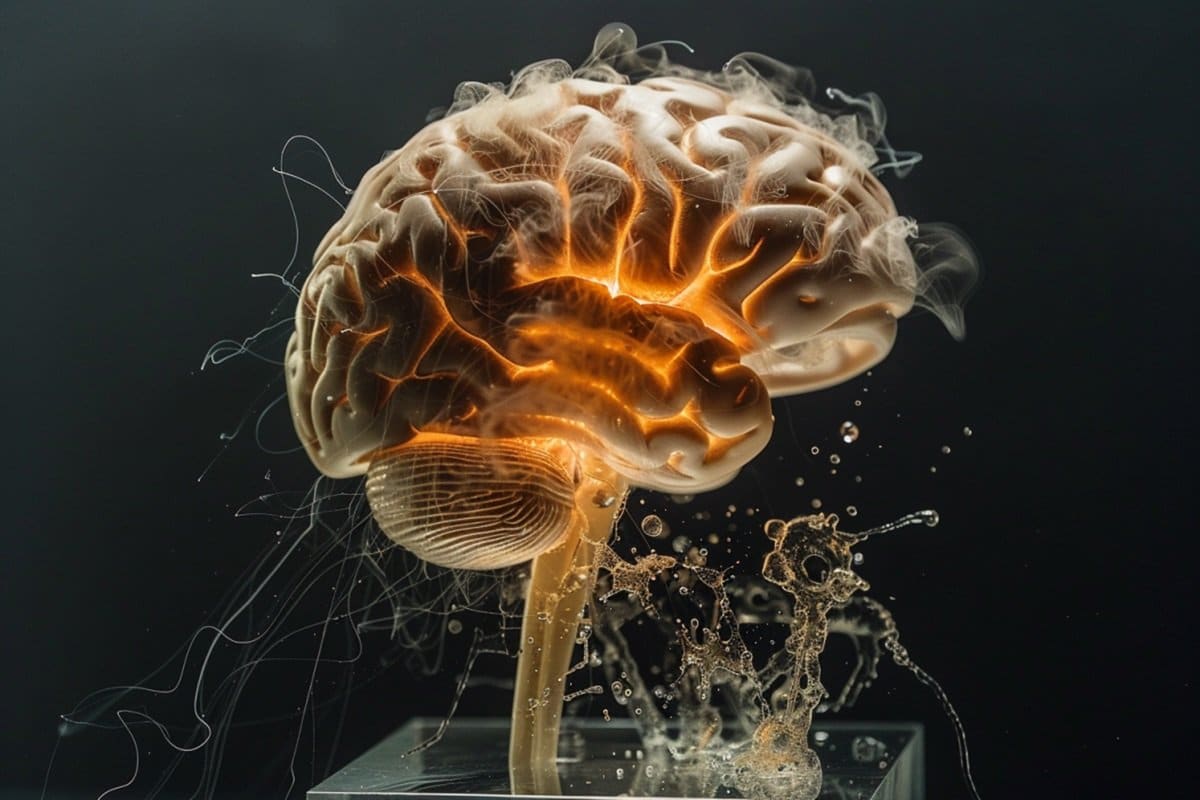Understanding the Role of Neuropeptides in the Brain's Fear Circuit
Monday, 22 July 2024, 21:41

Introduction to Neuropeptides
Researchers have discovered that neuropeptides, not neurotransmitters, are the primary messengers in the brain's fear circuit.
The Role of Neuropeptides
- Neuropeptides are crucial in transmitting signals related to fear.
- They operate differently than traditional neurotransmitters.
- This discovery shifts the perception of how the brain processes fear.
Implications for Neuroscience
- Understanding the mechanisms behind anxiety disorders.
- Developing new treatments targeting neuropeptide pathways.
- Reevaluating existing research that focused primarily on neurotransmitters.
Conclusion
This breakthrough in neuroscience emphasizes the importance of neuropeptides in the brain's response to fear, highlighting a critical area for future research and therapeutic interventions.
This article was prepared using information from open sources in accordance with the principles of Ethical Policy. The editorial team is not responsible for absolute accuracy, as it relies on data from the sources referenced.